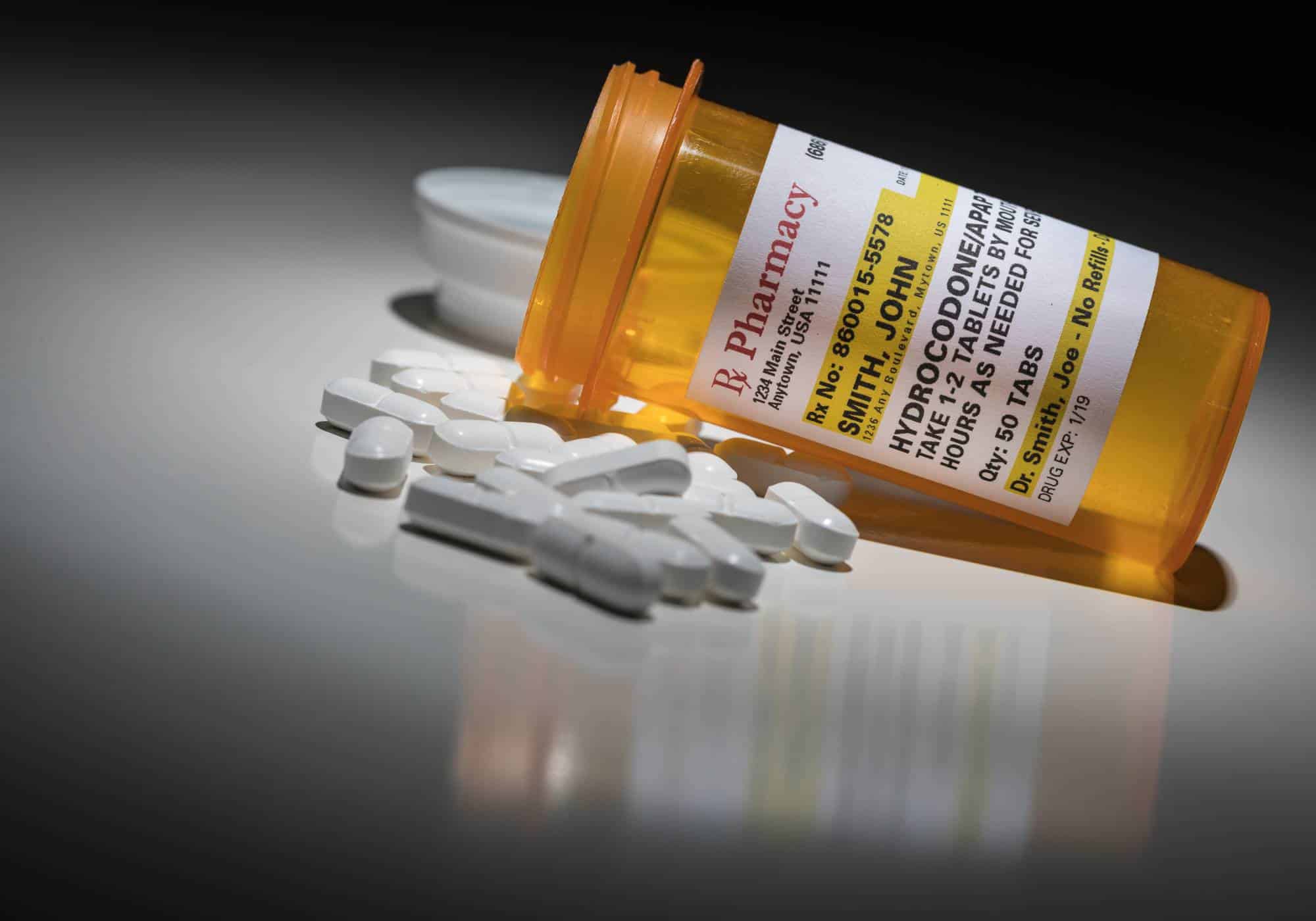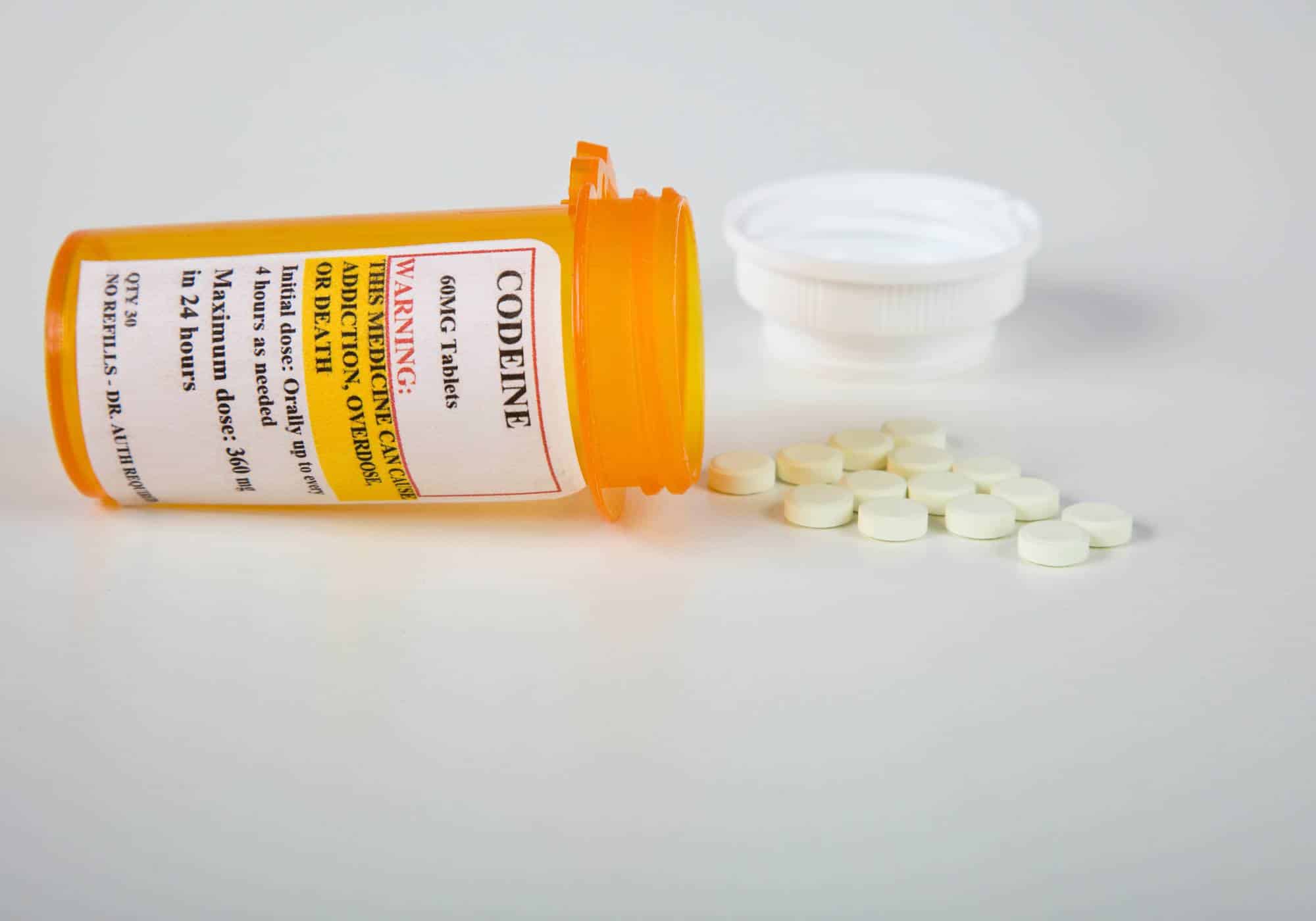At Hope Harbor Wellness, we frequently address questions regarding alcohol’s duration in the body, such as “How long does alcohol stay in your system?” or “How long does alcohol stay in your body?” These questions are especially relevant in scenarios involving workplace alcohol tests or when planning to enter alcohol detox programs.
The liver is primarily responsible for metabolizing alcohol, but the rate at which it processes alcohol varies due to factors like genetics, age, body weight, the amount of alcohol consumed, and whether food was eaten. Alcohol can remain detectable in various tests including urine, blood, saliva, hair, or breast milk. Detection times can last from a few hours up to 72 hours depending on the testing method employed.
Understanding how long alcohol stays in your system is more than just about managing detection times; it’s often indicative of broader concerns with alcohol use. This understanding is critical for those contemplating their relationship with alcohol and considering recovery options.
At Hope Harbor Wellness, we offer comprehensive outpatient treatment for those tackling alcoholism, providing a robust path from detox to ongoing treatment. We are dedicated to assisting individuals in understanding the significance of alcohol’s presence in their system as a step towards successful recovery.
How Long Does Alcohol Stay in Your System?
At our alcohol rehab, we often address questions about how long alcohol remains detectable in the body—a critical concern for anyone facing substance use challenges. The detectability of alcohol depends on several factors, including the amount of alcohol consumed, the type of test used, and individual health factors.
Here’s a breakdown of alcohol detection times based on different testing methods:
- Blood Test: Alcohol can be detected in the bloodstream for up to 6 hours after consumption.
- Breathalyzer Test: This method can detect alcohol on the breath from 12 to 24 hours following the last drink.
- Urine Test: Using the ethyl glucuronide (EtG) test, which identifies a byproduct of alcohol metabolism, alcohol can be traced from 12 to 24 hours after drinking.
- Hair Follicle Test: This test can detect traces of alcohol up to 90 days post-consumption, offering a long-term view of alcohol intake.
Detection Times by Testing Method
- Blood: Up to 6 hours post-drinking
- Urine: Typically detectable from 12 to 24 hours
- Breath: Alcohol can remain traceable on the breath for approximately 12 to 24 hours
- Saliva: Similar to breath tests, can detect alcohol from 12 to 24 hours
- Hair: Alcohol traces can linger in hair follicles for up to 90 days
These variances in detection times highlight the persistent nature of alcohol in the body across various testing scenarios. For those concerned about their alcohol use or considering detox and recovery, understanding these timelines is crucial. At our alcohol treatment center, we provide comprehensive support and guidance for navigating these challenges, helping individuals on their journey to recovery.
How is Alcohol Measured in the Body?
Blood Alcohol Content (BAC) is the standard measure used to determine the amount of alcohol in your bloodstream. It is expressed as a percentage, which represents the milligrams of alcohol per milliliters of blood. Although BAC is often assumed to reflect the level of alcohol consumption, it’s actually influenced by a myriad of factors beyond the simple act of drinking.
These factors include:
- Rate of Consumption: How quickly you drink alcohol.
- Presence of Food: Food in your stomach can slow the absorption of alcohol.
- Blood Flow and Metabolism: Individual metabolic rates and cardiovascular health impact how quickly alcohol is processed.
- Personal Characteristics: Attributes such as body weight, age, sex, and genetic background also significantly affect how alcohol is metabolized.
This complex interaction of factors means that different people can show divergent effects from consuming the same quantity of alcohol. Understanding these nuances is critical, especially for individuals seeking help for alcohol-related issues at our treatment center. We focus on educating our clients about these dynamics as part of our comprehensive approach to recovery and wellness.
Factors Affecting How Long Alcohol Stays in Your System
The length of time alcohol remains detectable in your system depends on multiple factors, not just the amount consumed. Understanding these influences can be crucial, especially for those undergoing screening or seeking treatment for alcohol-related issues:
- Gender Differences: Due to physiological variations, women often metabolize alcohol differently than men, generally retaining alcohol in their system for a longer period. This can be attributed to typically higher body fat percentages and differences in water content across genders.
- Food Intake: Eating before or while drinking can significantly slow the absorption of alcohol into your bloodstream. While this may reduce the peak level of intoxication, it does not eliminate the presence of alcohol in your system.
- Body Composition: Individuals with less body mass may feel the effects of alcohol more intensely and for a longer duration because there is less body fluid to dilute the alcohol, leading to a higher concentration.
- Medications: The interaction between alcohol and certain medications, such as antidepressants or antibiotics, can affect how quickly your body metabolizes alcohol. It is important to consult with healthcare providers about the risks of drinking alcohol in conjunction with any medication.
These factors highlight the complexity of alcohol metabolism and underscore the importance of considering personal circumstances when assessing the impact of alcohol consumption. We tailor our approaches to reflect these diverse factors, ensuring more effective management and support for those dealing with alcohol use issues.
How is Alcohol Metabolized?
Alcohol is metabolized differently from food, which undergoes a lengthy digestion process. When alcohol is consumed, it rapidly absorbs through the stomach and the upper part of the small intestine directly into the bloodstream, allowing it to spread quickly throughout the body and affect the brain.
The presence of food in the stomach can slow down this process significantly. Food absorbs some of the alcohol, reducing the amount that comes into direct contact with the stomach lining and slowing its transition into the duodenum—the initial section of the small intestine. Without food, alcohol would enter the bloodstream much faster, accelerating its effects on the body.
This knowledge is crucial for understanding how quickly alcohol can affect you and underscores the importance of not drinking on an empty stomach. We use this information to help clients better understand their drinking patterns and the factors that influence their alcohol metabolism.
How Long Does it Take to Feel the Effects of Alcohol?
The effects of alcohol can be noticeable within just a few minutes after having a drink. Once ingested, alcohol is quickly absorbed by the stomach and small intestine before it makes its way into the bloodstream and circulates throughout the body. Its swift journey to the brain alters the normal communication paths, affecting your mood, coordination, and senses.
Several factors play a role in how long alcohol stays in your system, as well as the speed and intensity of its effects. These include your physical build, gender, whether you’ve eaten, and any medications you may be on. Each of these factors can influence how quickly and intensely you feel the effects of alcohol. This information is crucial for anyone looking to understand their relationship with alcohol and for those seeking pathways to recovery.
How Long Does It Take for Alcohol to Kick In?
For individuals with low to no tolerance for alcohol, signs of intoxication become apparent as their blood alcohol concentration (BAC) approaches 0.05%, with notable impairment in driving skills around 0.07%. Once the BAC level reaches 0.10%, the influence of alcohol is unmistakably visible.
For a woman weighing 150 pounds, reaching a BAC of 0.1%—a level at which the signs of intoxication are clearly discernible—typically involves consuming approximately four drinks in one hour. This benchmark varies among individuals, influenced by factors such as body weight, tolerance levels, and overall health.

How Long After Drinking Can I Drive?
Figuring out the right time to get behind the wheel after drinking can be tricky, surrounded by numerous misconceptions about how to sober up quickly. While it’s obvious that driving while drunk is dangerous, the question becomes more complicated when you’re just feeling a bit tipsy. Just how long does alcohol stay active in your system, and at what point can you safely drive?
The reality is that alcohol sticks around in your bloodstream for a longer period than many might think, and even small quantities could lead to a positive result on a breathalyzer. Therefore, understanding the duration alcohol impacts you is critical before deciding to drive. This awareness is essential for avoiding driving mishaps and could be life-saving.
How Long Does It Take to Sober Up?
Sobering up is a process that’s unique to each individual, influenced by various factors like body makeup, sex, dietary habits, and overall hydration levels. The amount of alcohol ingested plays a significant role in determining the speed of recovery from its effects.
Alcohol breakdown starts in the stomach, where a minor portion is metabolized, but most is absorbed into the bloodstream through the small intestine. The liver then metabolizes what it can of the alcohol, with any excess continuing to affect the body and being excreted through urine, sweat, and breath.
Remember, the absence of hangover symptoms doesn’t necessarily mean your system is free of alcohol. Blood alcohol concentration is a reliable measure to gauge intoxication levels.
Can You Accelerate the Removal of Alcohol from Your System?
The simple answer is no. While staying hydrated may help alleviate some symptoms associated with alcohol consumption, the rate at which your body processes alcohol is largely fixed, governed by the condition and efficiency of your liver.
Short-term interventions have minimal impact on how the liver metabolizes alcohol. Improving liver health through reduced alcohol consumption can enhance its processing capabilities over time, yet there’s no quick way to speed up the removal of alcohol from your body.
Can You Use Coffee or Water to Sober Up?
Many believe that drinking water or coffee, taking showers, or catching some sleep can hasten sobering up. However, these methods don’t actually decrease the alcohol level in your blood. Feeling more alert or refreshed from these actions doesn’t impact your blood alcohol content, which can still rise if you consume alcohol more quickly than your body can metabolize it.
Recognizing the Signs of Being Drunk
As your Blood Alcohol Concentration rises, the signs of being drunk become increasingly noticeable, including:
- Lowered inhibitions.
- Slurred speech.
- Impaired coordination.
- Disorientation and trouble remembering.
- Difficulty focusing.
- Breathing issues, like taking shallow breaths or a slowed respiratory rate.
Intoxication heightens the risk of dangerous situations, such as:
- Greater likelihood of vehicle accidents.
- Participation in hazardous behaviors, like unprotected sex.
- Increased possibility of engaging in violent behavior.
- Elevated risk of harming oneself or others.
Signs of Alcohol Addiction
Moderate alcohol consumption can be part of a healthy lifestyle, but it’s essential to be aware of the signs that may indicate a shift towards an alcohol addiction.
Here are some key signs that alcohol use might be becoming problematic:
- Developing a tolerance, needing more alcohol to feel its effects.
- Drinking at unusual times, such as in the morning.
- Suffering from dehydration and related headaches.
- Being secretive or dishonest about drinking habits.
- Often drinking alone.
- Drinking to the point of blacking out.
- Facing mental health issues, like depression or anxiety, in conjunction with alcohol use.
Risks of Alcohol Overdose
Consuming too much alcohol can lead to alcohol poisoning, a dangerous condition that disrupts critical bodily functions such as breathing, heart rate, and temperature control, potentially resulting in death.
As the Blood Alcohol Concentration increases, so does the risk and severity of alcohol overdose:
- A BAC from 0.06% to 0.15% can lead to moderate difficulties in speech, memory, coordination, and balance, substantially impairing the ability to drive.
- When BAC levels reach 0.16% to 0.30%, severe impairment occurs, affecting speech, memory, attention, and coordination. This level of intoxication greatly increases the risk of dangerous behavior, including driving hazards, poor judgment, blackouts, vomiting, and unconsciousness.
- At a BAC of 0.31% to 0.45%, the individual is at a critical risk of alcohol overdose, which can suppress vital functions and potentially result in death.
Recognizing the Signs of Alcohol Poisoning
Signs that someone may be experiencing alcohol poisoning include severe confusion, inability to stay conscious, vomiting, cold, moist skin, a pale or blue-tinged complexion, lowered body temperature, slowed heart rate, and irregular or shallow breathing.
The risk of an overdose is significantly higher when engaging in binge drinking, which is consuming more than four drinks for women and five drinks for men within a span of two hours. Exceeding these amounts greatly surpasses the liver’s ability to metabolize alcohol, causing a swift spike in blood alcohol concentration.
The danger becomes even more acute when alcohol is combined with opioids or sedatives, such as pain relievers, sleeping pills, or certain antidepressants. These substances already slow down breathing; when mixed with alcohol, even in small quantities, the risk of overdose dramatically increases due to compounded respiratory depression.
Is Alcohol Taking a Toll on Your Life?
Identifying an issue with alcohol isn’t always straightforward. Healthcare professionals use the DSM-5-TR, a critical manual, to determine if alcohol consumption has crossed into problematic territory. This manual lists 11 criteria for diagnosing alcohol use disorder, with a person needing to meet at least two within a 12-month period to warrant a diagnosis. These criteria include:
- Consuming more alcohol, or over a longer duration, than intended.
- An ongoing desire to cut down or manage alcohol use unsuccessfully.
- Spending excessive time getting, drinking, or recovering from alcohol.
- Feeling a strong need or urge to drink.
- Neglecting major responsibilities at work, school, or home due to drinking.
- Continuing to drink despite it causing relationship issues.
- Reducing or stopping important activities due to alcohol use.
- Drinking in risky situations.
- Drinking despite knowing it exacerbates or causes health problems.
- Needing to drink more for the same effect or noticing diminished impact from the same quantity.
- Experiencing withdrawal symptoms when not drinking, or drinking to avoid withdrawal symptoms.
If these signs sound familiar, either for yourself or someone close to you, it might be time to examine the relationship with alcohol more closely and consider seeking help.
Alcohol Addiction Treatment in Atlanta, GA
Battling alcohol addiction is a challenging journey, but you don’t have to face it alone. Immediate and professional support is essential, particularly due to the health risks associated with alcohol withdrawal. Recognizing the need for help is the first step towards a brighter future. At Hope Harbor Wellness we’re ready to assist you or your loved one today.
Our approach involves a comprehensive assessment of your situation, engaging both you and your family in crafting a tailored recovery plan. As a leading facility for Alcohol Use Disorder in Atlanta, Hope Harbor Wellness is equipped to begin your treatment journey without delay.
You don’t have to let alcohol addiction define your life. Early intervention and seeking professional help with Hope Harbor Wellness dramatically increase the likelihood of a successful recovery. Our experienced team is committed to guiding you away from dependency and towards a healthier, more satisfying life. Contact us at 678-929-6304 for more information on our customized alcohol addiction treatment in Atlanta, GA.












